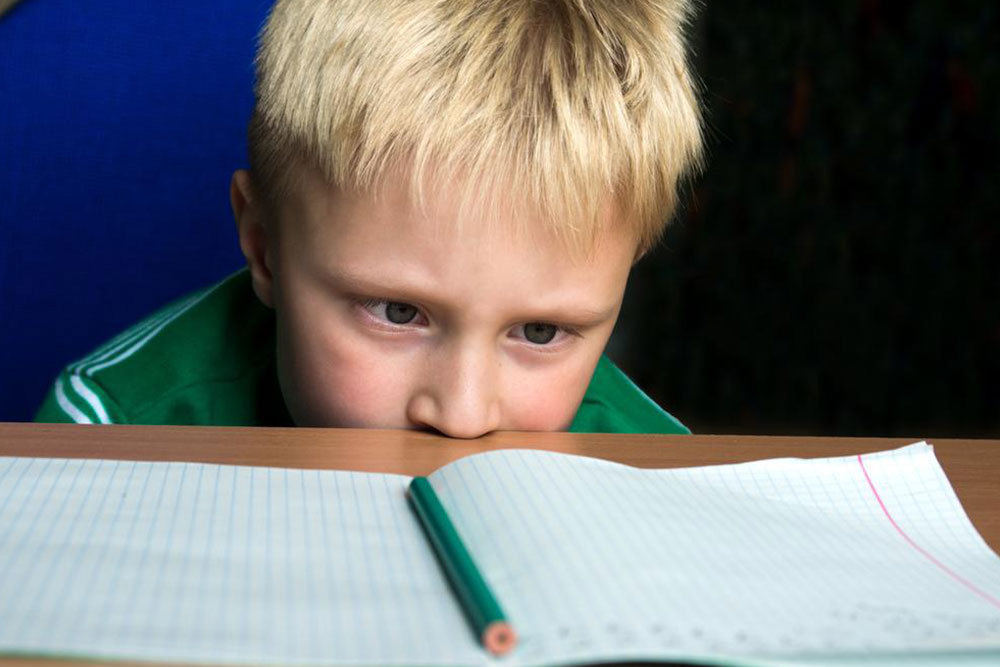Enhancing Child Development through Parental Guidance and Education Programs
Parenting today faces numerous challenges, from social shifts to technological advances. Structured parental guidance programs play a crucial role in equipping parents with essential skills, promoting healthy child development, and preventing issues like neglect and abuse. These programs are designed at various levels—primary, secondary, and tertiary—to address different needs. By improving parenting techniques, communication, and discipline strategies, they help create healthier family environments. Investing in parental education is fundamental to nurturing well-adjusted children and fostering resilient families in a changing society.

The Critical Role of Parental Support and Education in Child Growth
Parenting is often viewed as an innate skill, but in reality, effective parenting requires ongoing learning and targeted support. While some aspects of raising children come naturally, formal educational initiatives have become essential to equip parents with the necessary skills to nurture healthy, well-adjusted children. These support systems are designed to bridge knowledge gaps, address emerging challenges, and promote positive parenting practices. As society evolves, so do the methods and importance of parental guidance—making it a cornerstone of modern child development strategies.
Historical Perspective: From Traditional Guidance to Modern Educational Support
In earlier times, parenting assistance was primarily rooted in community networks—extended families, neighbors, and local elders offered advice based on tradition and experience. These informal support systems served as vital resources for new parents navigating their roles. However, the social fabric of families has shifted considerably over the decades. The rise of nuclear families, increased mobility, and the decline of multigenerational households have contributed to a more isolated parenting environment. Consequently, the need for structured, formal parental education programs has become more prominent.
Modern parents face a multitude of challenges—balancing work and family life, adapting to rapid technological changes, and navigating evolving social norms. These factors can introduce stress and uncertainty into parenting roles. Additionally, families facing economic hardships, substance abuse issues, or situations involving neglect or abuse require specialized interventions and targeted programs to ensure the safety and development of children.
Different Types of Parental Guidance and Education Programs
Primary Prevention Programs: These focus on promoting general parenting skills, fostering effective communication with children, and encouraging active involvement in children’s educational and personal growth. Such programs are typically voluntary, open to all parents, and aim to strengthen family bonds from early stages.
Secondary Intervention Programs: Geared towards parents of children who are at risk of neglect, behavioral issues, or exposure to adverse environments. These programs aim to increase parental self-awareness, address specific challenges, and provide targeted support. Participation may be voluntary or mandated by courts in situations where intervention is necessary.
Tertiary Support Programs: Designed for parents dealing with severe issues such as addiction, criminal history, or previous instances of abuse. These programs are often court-ordered and involve intensive, personalized coaching and therapy to help parents develop healthier parenting approaches and rebuild trust within the family unit.
Core Goals of Parental Education
Across all levels, parental education programs share foundational goals: enhancing understanding of child development stages, improving parent-child communication, and fostering positive discipline techniques. These initiatives emphasize early involvement in education, realistic expectations, and nurturing balanced lifestyles that incorporate play, learning, and emotional well-being. Evidence from research consistently shows that children whose parents actively participate in their education and development tend to perform better academically, behave more appropriately, and develop stronger social skills.
Beyond academic success, these programs play a vital role in preventing abuse, reducing neglect, and creating healthier familial environments. They also empower parents to handle challenges more effectively, leading to more resilient families and better outcomes for children across all socio-economic backgrounds.
In conclusion, parental guidance and educational programs are essential components of contemporary child-rearing. They adapt to societal changes, address diverse needs, and ultimately foster more nurturing, informed, and responsible parenting—benefiting children, families, and communities at large.





